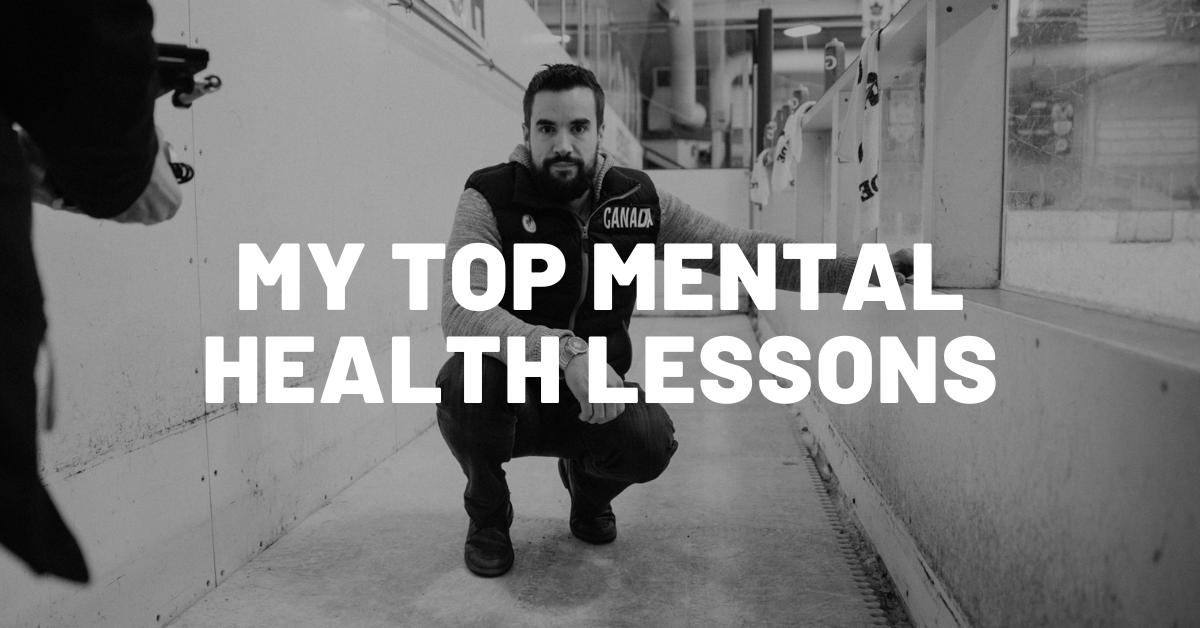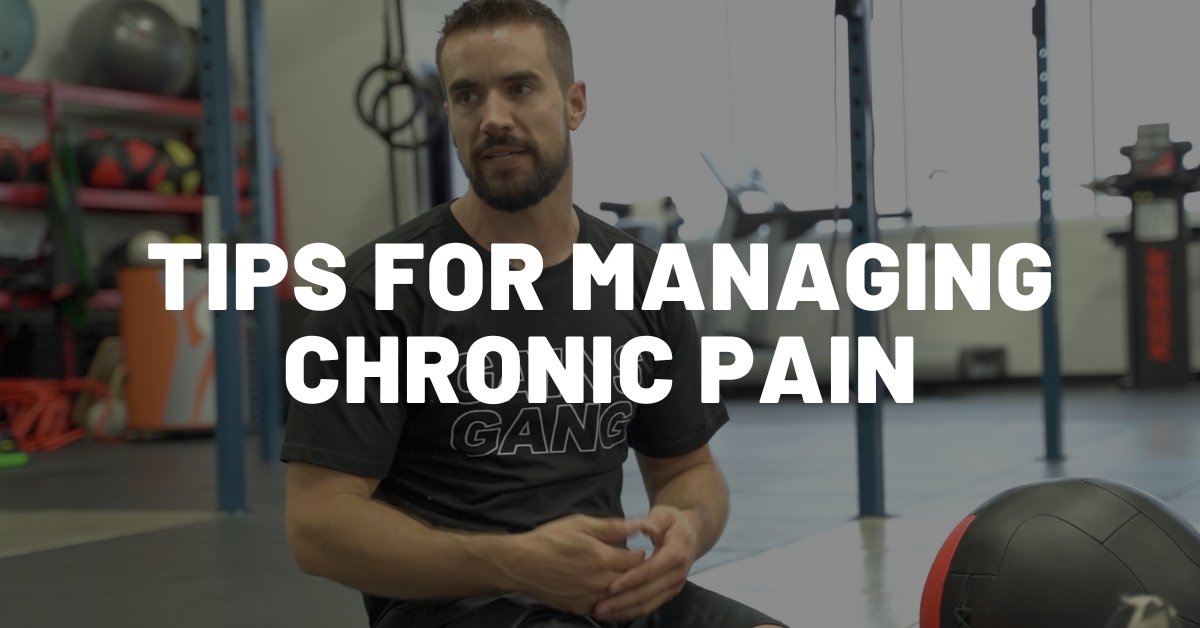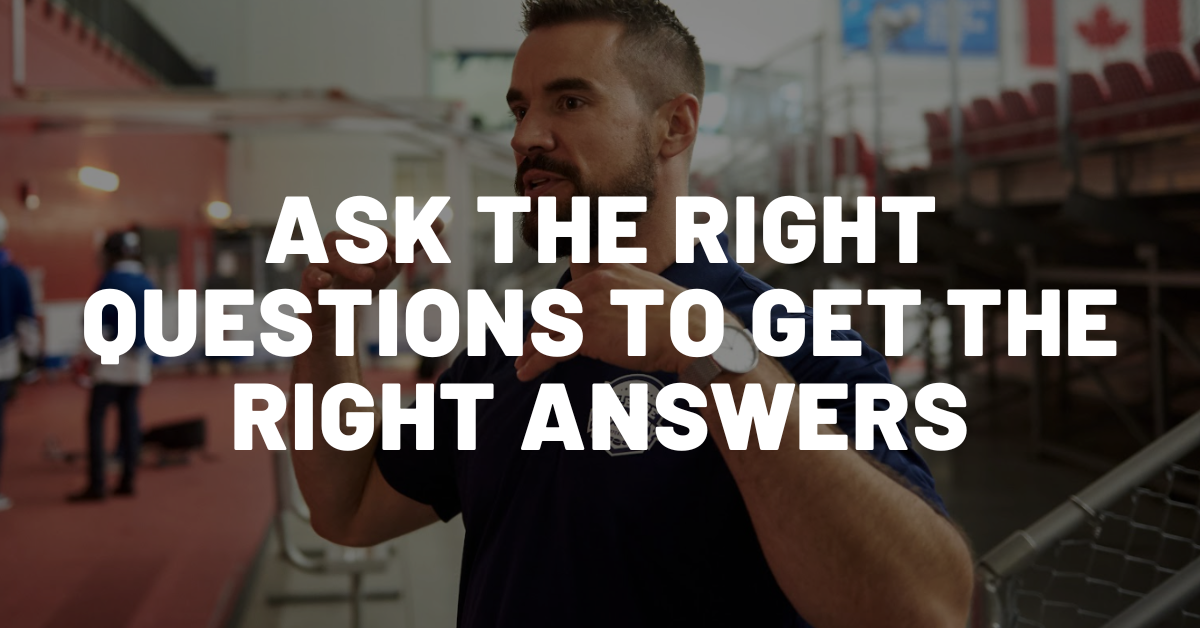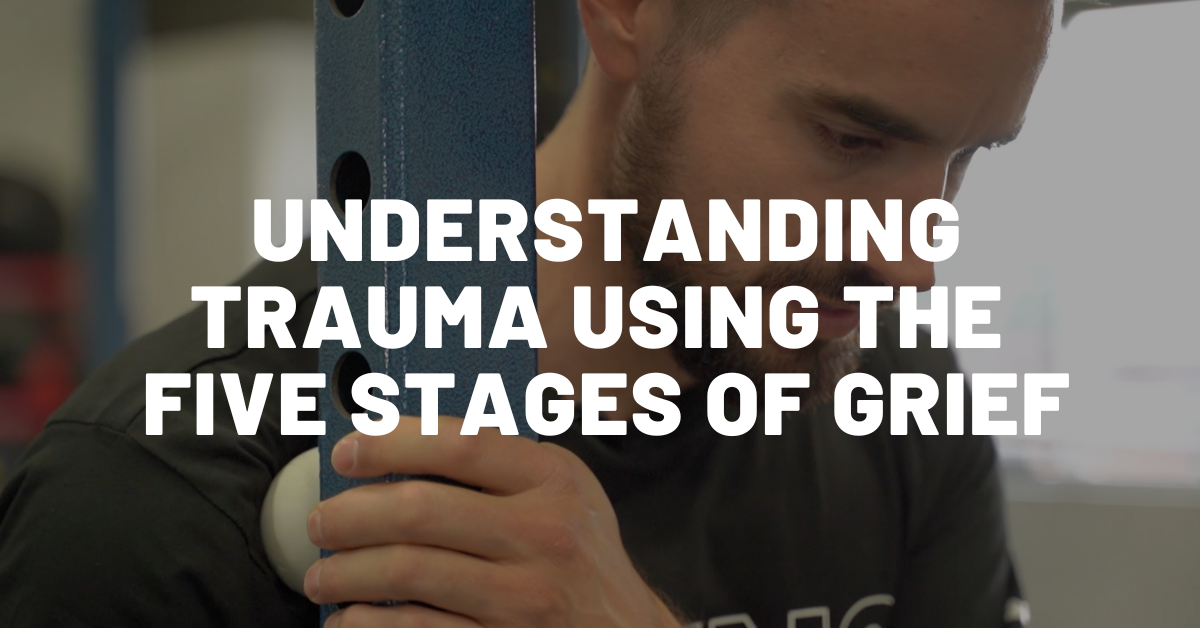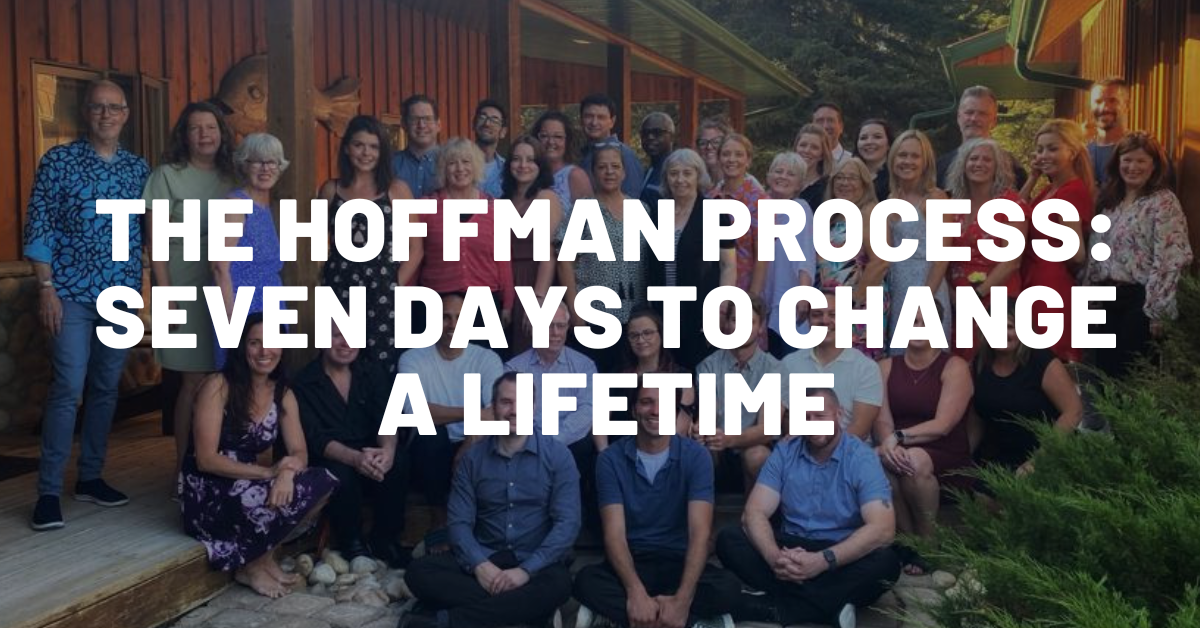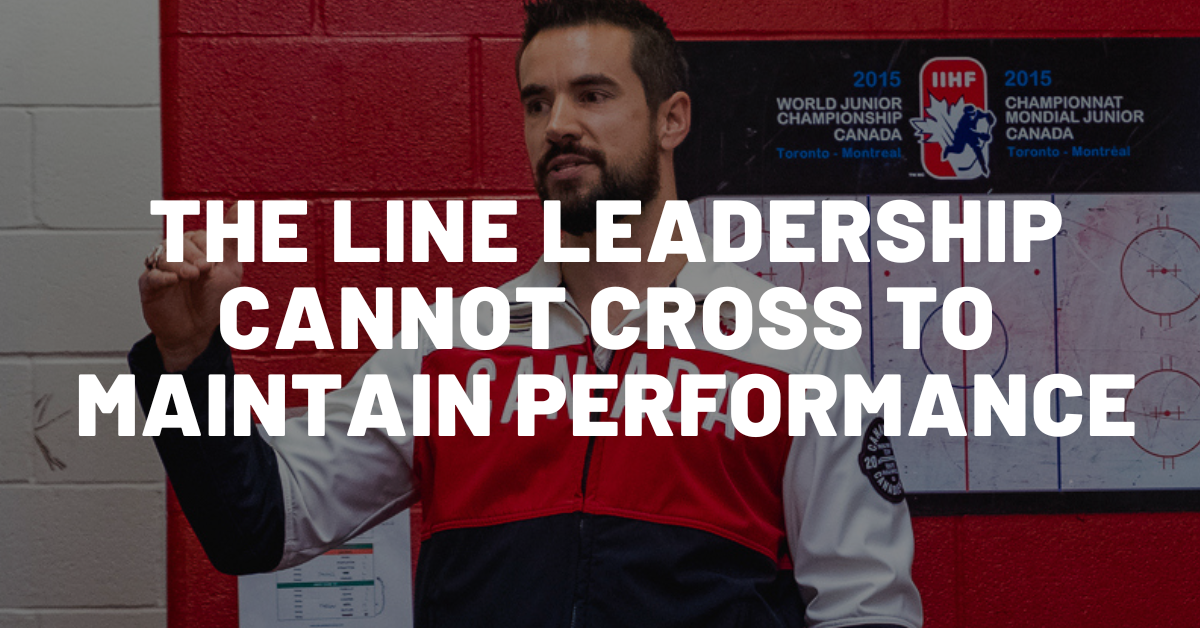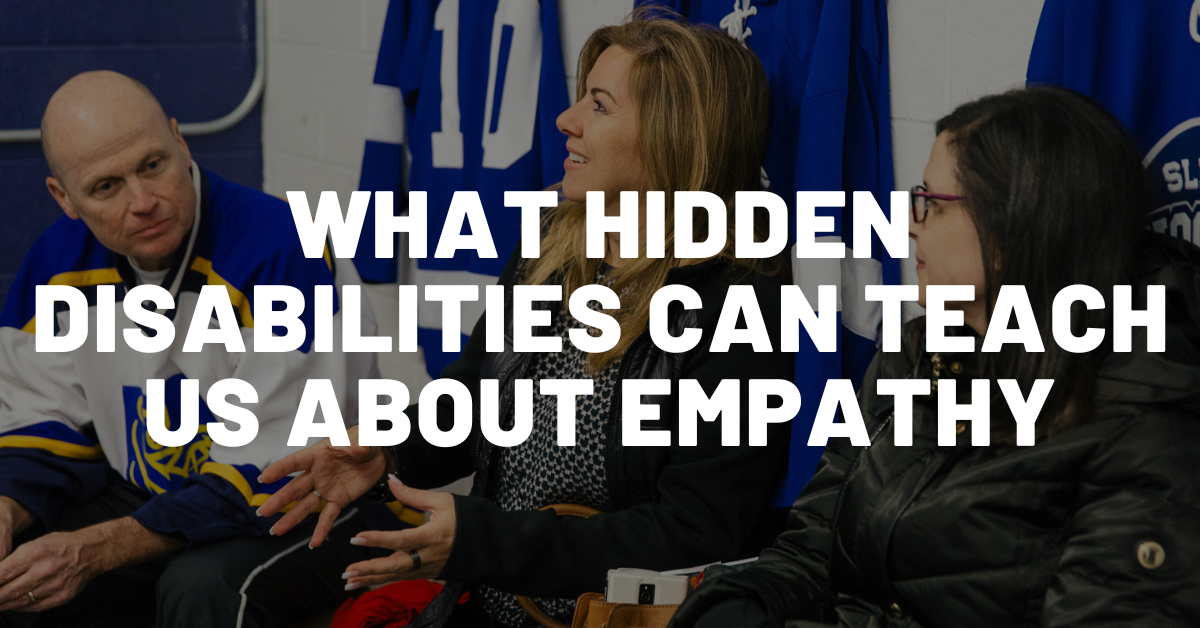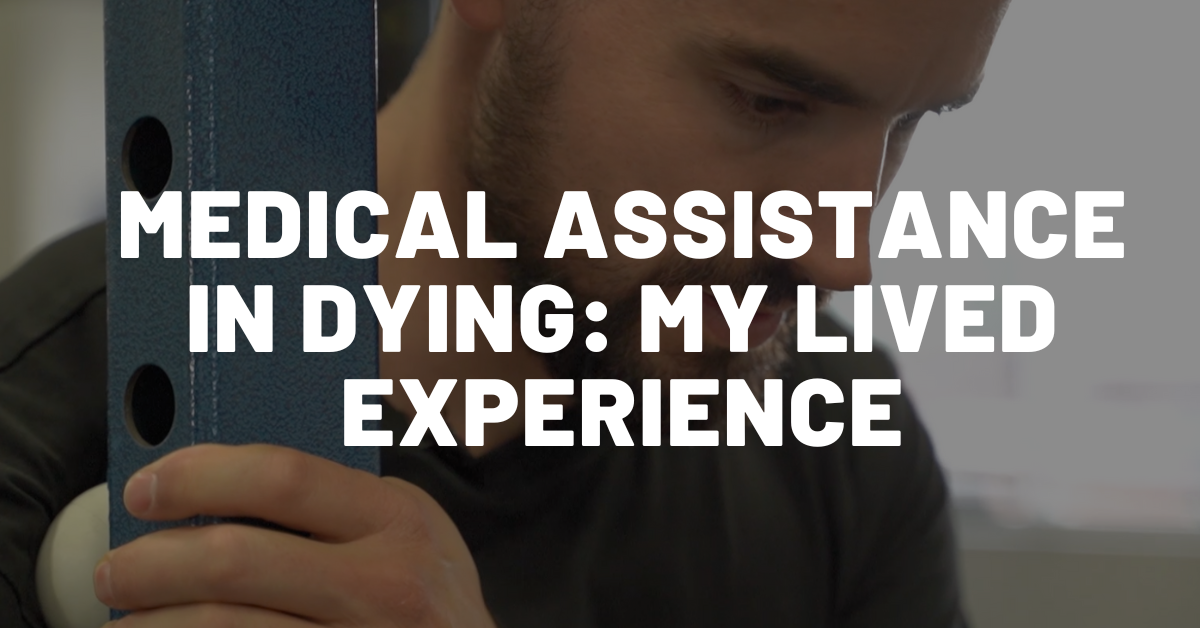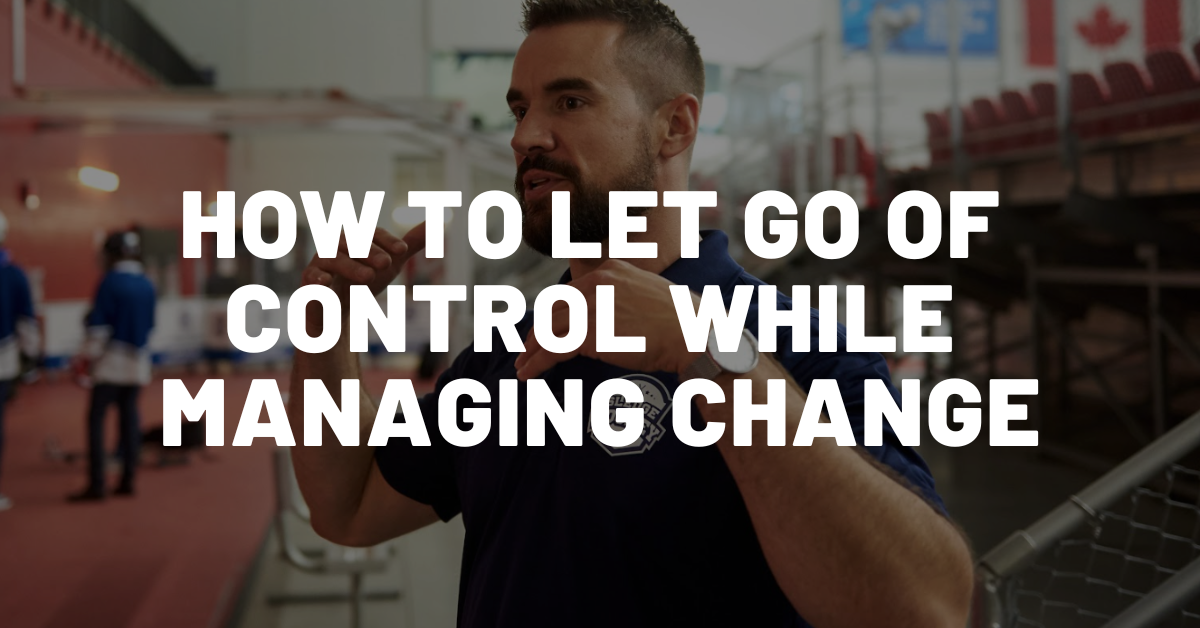Warning: The following article discusses mental illness and suicide. If you or someone you know needs mental health support visit Crisis Services Canada. If you or someone you know is in immediate danger please call 9-1-1.
I can’t tell you how many times I have been asked for advice on how to help someone who is struggling with mental health.
From my experience, I think the number one thing you can do is to listen… but I know that often you want to do more, but just don’t know how.
In the past, I have had one of my closest friends come to me and (thankfully) be comfortable in admitting that he has been experiencing suicidal thoughts.
(To learn more about my personal journey with suicide, read here)
We talked about what’s been going on, and it is clear that there are a few strong forces going against him.
- He drinks frequently
- He’s wrapped up in the negative newscycle
- He’s not sleeping enough
How to Cope When a Loved One is Struggling
We chatted about The Resilience Toolbox and the importance of Controlling Your Diet, Hitting the Lights, and Assembling Your Library of assets that support your mental and physical health… so that brought awareness of what he needs to stop in order to begin experiencing a fast and immediate change.
(If you’re looking for more methods to get out of a funk, click here.)
However, what about his loved ones? How do they cope with the situation, and what can they do to help him, and also help themselves in the process?
Five Steps to Support a Friend or Family Member
In this video, I break down a simple strategy that anyone can do to help create engaging conversation and support a loved one through a difficult time.
The five steps are:
- Get a cookie jar
- Fill it with folded pieces of paper that have topics you would like to discuss
- Each day pull one question out
- Take turns to write your answers down on post it notes
- Post the notes on the wall at the same time and have an open discussion
First, the exercise is an excellent tool to help build your relationship. It creates engagement, questions, and can be a lot of fun. It’s not one sided, it’s a collaborative effort and the work is spontaneous!
Plus, it doesn’t cost any money or require you going to therapy. It’s something you can take action on immediately right inside the comfort of your own home.
Have you ever thought to try this activity or something similar with a close friend or family member? I want to hear about your experiences below!
—
Enjoyed this article? Here are three others to help you succeed:
How To Manage Change Effectively
—
Download your FREE copy of my autobiography, Still Standing: When You Have Every Reason to Give Up, Keep Going here.



